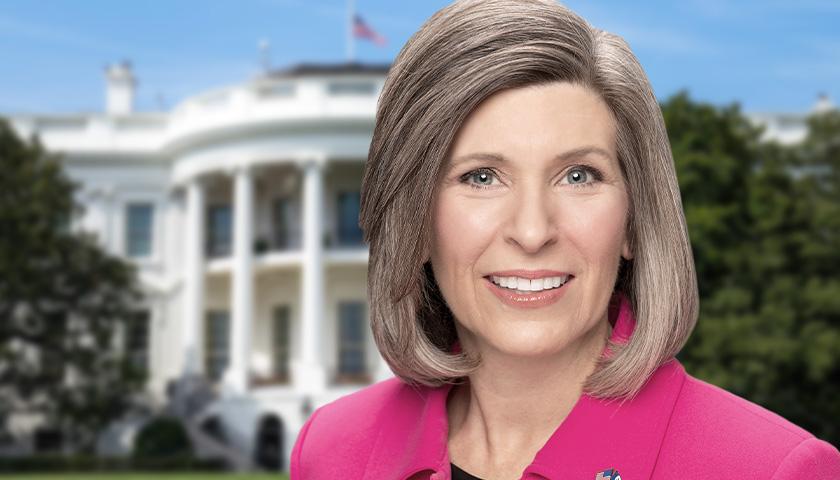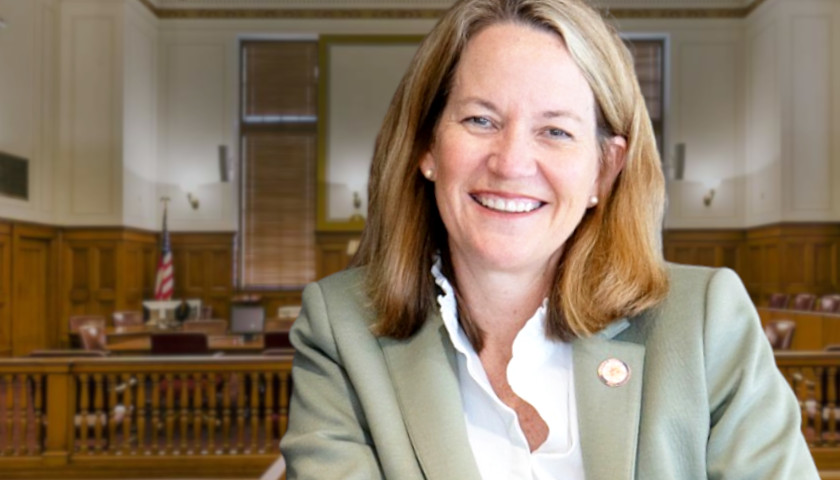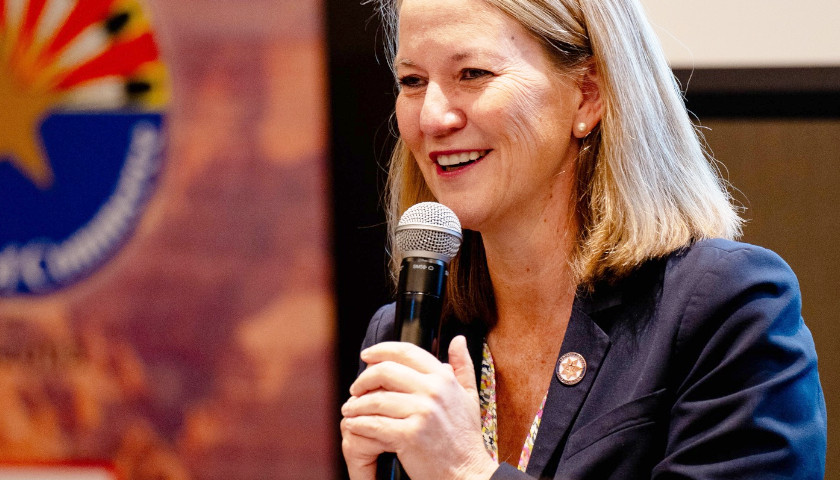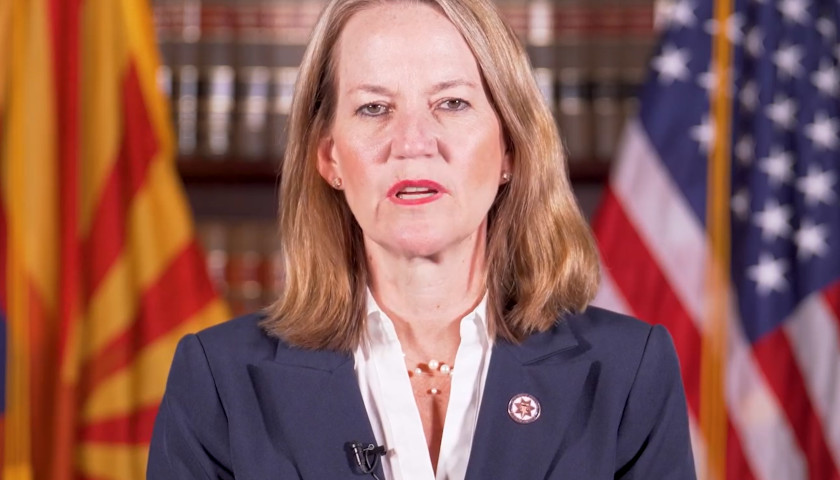WEST DES MOINES, Iowa – Being President of the United States of America pays a decent wage — $400,000 per year. But the perks are the gig’s gravy, particularly after leaving office.
U.S. Senator Joni Ernst (R-IA) wants to stop the gravy train. She’s renewing her effort to limit taxpayer-funded perks for future former U.S. presidents. That includes expenses for their travel, personal staff, office space, and communications after they leave office.
“Just last week, the Congressional Budget Office issued a dire warning about our nation’s financial future as the national debt exceeds $31 trillion,” Iowa’s junior senator said. “Washington can’t afford to pay for the perks of former presidents or fund the campaigns of politicians hoping to someday be president. I’m fighting to cut both.”
While compared to the most recent federal budget, $6.27 trillion, the presidential perks are drops in a bathtub. But every bit adds up to overflowing.
Ernst’s Presidential Allowance Modernization Act would:
› Reduce a future former president’s annual monetary allowance dollar-for-dollar by each dollar of income a former president earns in excess of $400,000.
› Provide future former presidents with a pension of $200,000 and monetary allowance of $200,000 a year.
› Affirm that nothing in the legislation relates to the funding of the security or protection of a future former president.
The Former Presidents Act of 1958 provides several benefits and perks to presidents after they leave office.
The biggest personal benefit that former presidents are entitled to is an annual lifetime pension equal to the pay for a Cabinet Secretary, which was $226,300 in 2022, according to the U.S. Office of Personnel Management.
“Widows of former Presidents are eligible for a $20,000 yearly pension,” the National Taxpayers Union Foundation reports. “In addition former Presidents and their spouses can opt to receive lifetime Secret Service protection.
But wait…there’s more …
According to the NTUF, former presidents are also entitled to:
- Office Space and Staffing Allowances: Starting six months after a President leaves office, the General Services Administration (GSA) provides funding to establish, furnish, and staff an official office anywhere in the U.S.
- Travel Expenses: Chief Executives and up to two staff members are reimbursed for up to $1 million in costs annually. Spouses of former Presidents also are eligible for up to $500,000 per year for security and official travel.
- Health Benefits: Provided that they had been enrolled in the Federal Employees Health Benefits program for at least five years, former Presidents are eligible for health annuities, similar to all federal employees. (Jimmy Carter is ineligible because he only served a single term and did not hold another federal position.)
- Funerals: Presidents are guaranteed a ceremony with full honors and the option to be buried at Arlington National Cemetery.
- Secret Service Protection: Presidents are eligible for lifetime protection. The related costs are classified.
According to the General Services Administration, $5 million was requested in 2022 to carry out the provisions of the Former Presidents Act. Funding went to cover the outlined expenses of former Presidents Jimmy Carter, Bill Clinton, George W. Bush, Barack Obama and Donald Trump.
“The FY 2022 budget request includes an increase of $600 thousand, a 13.6 percent increase from the FY 2021 level. The increase is due to lease expirations, additional cleaning service needs, a small increase to our Working Capital Fund bill, an anticipated increase in retirement benefits, and the full year addition of Former President Trump,” GSA notes in the budget request document.
Expenses budgeted included nearly $2 million in rental payments, $1.18 million for former personnel, about $500,000 in civilian personnel benefits, $452,000 in special personnel services payments, and $216,000 in communications and utilities costs.
Former President Bill Clinton looked to take home the largest share of the funds, $1.28 million, followed by President George W. Bush at $1..21 million, President Barack Obama,$1.183 million, President Donald Trump at $900,000 and $489,00 for President Jimmy Carter.
Ernst is also reintroducing the Eliminating Leftover Expenses for Campaigns from Taxpayers (ELECT) Act, which would end the Presidential Election Campaign Fund. The federal program is used to fund presidential campaigns. Instead, the more than $400 million in the fund would be redirected to pay down the federal deficit.
Currently, presidential candidates may seek public funding provided by federal tax dollars in exchange for agreeing to limit private donations and overall campaign spending. With billions of dollars more in private campaign contributions, leading candidates on the right and the left have forgone the public subsidy. It has been nearly 20 years since a candidate receiving these funds was elected president.
Ernst introduced the Presidential Allowance Modernization Act of 2019, with bipartisan support. Sen. Maggie Hassan (D-NH) signed on to the bill. At the time, the U.S. debt was a relatively quaint $22 trillion.
Hassan noted former presidents have ample opportunities to earn income after their time in office. Clinton’s net worth, for instance, is pegged at as much as $90 million.
“This legislation would not affect funding for a former President’s security and is a common-sense step to ensure that taxpayer dollars are well-spent,” Hassan said at the time.”
Hassan and Sens. Mike Braun (R-IN) and Krysten Sinema (I-AZ) signed on to the most recent version of the bill.
– – –
M.D. Kittle is the National Political Editor for The Star News Network.
Photo “Joni Ernst” by Joni Ernst. Background Photo “White House” by The White House.








